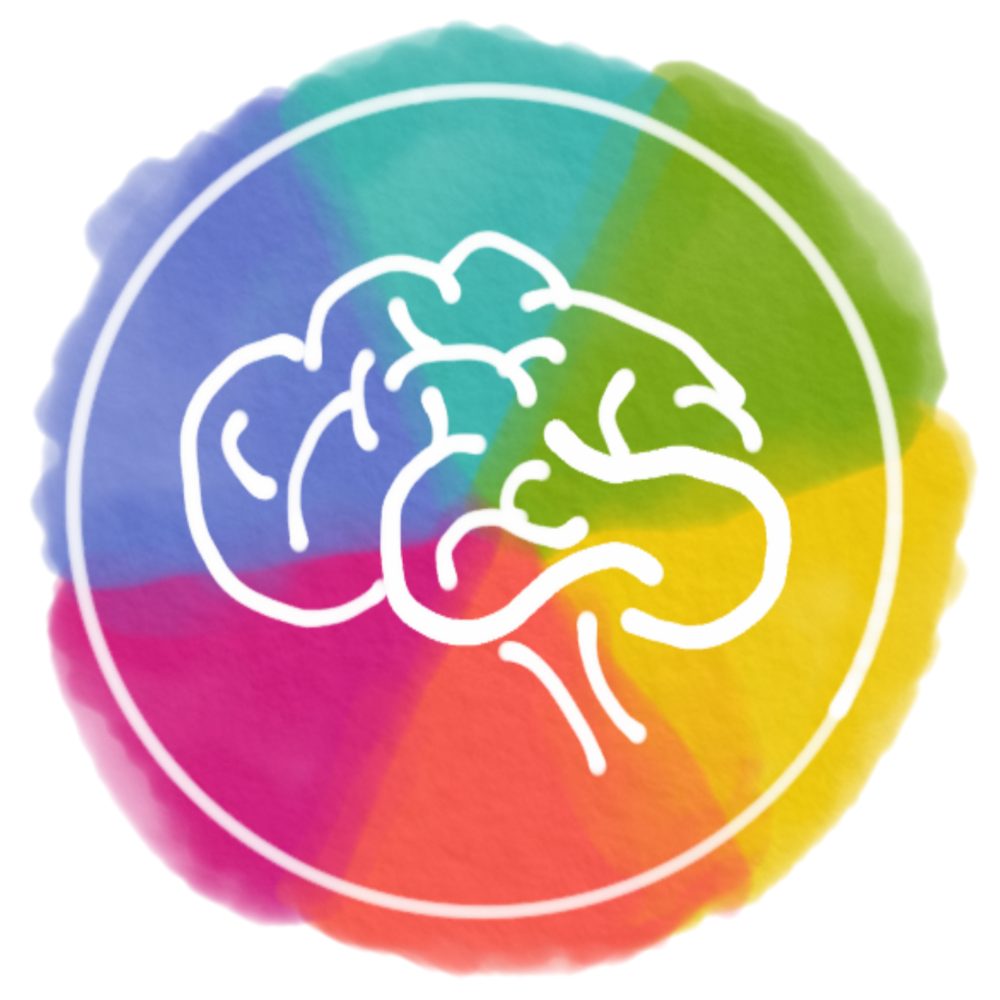Giving Thanks & Its Wondrous Links to Our Wellbeing
Random Acts of Kindness
The Pay It Forward Principle
The Power of Gratitude
The Big Impact of Small Random Acts of Kindness
Instead of making a few, infrequent, big gestures of kindness, consider a regular practice of small, kind actions. They add up!
The Random Acts of Kindness Foundation has a terrific website inspiring us to “make kindness the norm.”
#MakeKindnessTheNorm
#MakeKindnessTheNorm
Ready to put these ideas into action?
Check out my “Thanks-&-Giving Menu” blog post for nourishing “dishes,” aka fun and easy ways to practice kindness and gratitude.
This is Your Brain on Kindness
Kindness is linked to improved mental and physical well-being.
Practicing random acts of kindness releases feel-good and pain-reducing neurochemicals like dopamine and serotonin. (See this study by Shoba Sreenivasan, Ph.D., and Linda E. Weinberger, Ph.D., psychology professors at the Keck School of Medicine at USC.)
And we know that these lovely neurochemicals support our heath. So practicing kindness boosts our immune system, reduces anxiety and depression, and much more!
Kindness is Kind to Your Body!
When you act with kindness, you feel more empathy and compassion for others, bolstering interconnectedness and community. No wonder that receivers benefit too! When you are given kindness, your body releases oxytocin, generating a feeling of love and connectedness. It’s a win-win! Want to learn more? Click here.
Pay it Forward
It's no wonder that random acts of kindness catalyze, and not-so-random, chain reactions. Small acts create a “pay it forward” ripple effect whereby the recipient of an act of kindness repays it to others and so on, spreading more kindness into the world!
This Pay It Forward principle extends to all beings, to all life, on our planet! Imagine Mother Earth’s reaction after we clean up a beach or reduce our use of plastic bottles.
The Power of Gratitude
Simply put, our brains and bodies are wired to get happy when we express gratitude!
In his TED Talk, Brother David, a monk and interfaith scholar, suggests that happiness is born from gratitude. When we accept every moment of life as an opportunity and a gift, we live in gratitude.
And when we’re in a place of gratitude, we are also in a place of “enoughness”, leading to a more fulfilling and happy life.
Check out Brother David’s TED Talk for a dose of inspiration.
This is Your Brain on Gratitude
Simple, daily gratitudes, like writing 3 things you're grateful for each day, can build a gratitude habit and change your brain!
In neurobiological studies at Indiana University, researchers found ...
-
that 3 months after the studies, participants not only continued to express gratitude regularly but their brains showed “significantly greater neural modulation by gratitude.”
Come again? This is a fancy way of saying more neurotransmitters released more feel-good chemicals! We feel good!
Gratitude Leads to More ZZZs
Research on the biological effects of gratitude has shown that people who practice gratefulness and a positive attitude improve their sleep quality.
-
Being grateful during the day or writing a list of things we’re grateful for at bedtime generates more positive thoughts and reduces our negative ones. Imagine not having to worry about a disagreement with a friend or a surprise car repair bill because, rather than focusing on “the negative,” you are focusing on the positive side of things.
With more positive thoughts, drifting into a peaceful slumber and sleeping longer is more likely to improve their sleep quality.
In gratitude and always, creatively yours,







